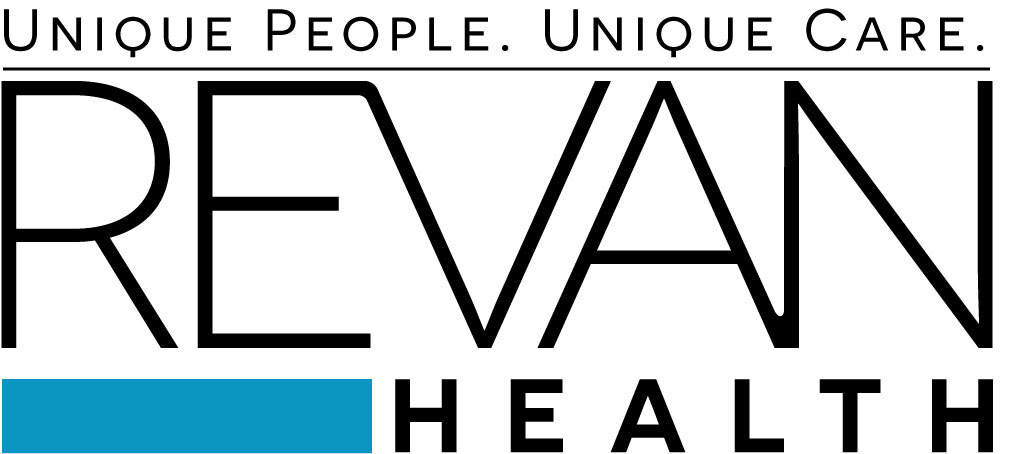According to the CDC, someone has a stroke in the United States every 40 seconds, and someone dies from a stroke every four minutes.
There are two types of stroke. An ischemic stroke occurs when blood clots block blood vessels to the brain. Plaque buildup in blood vessels can also cause blockages. The majority of strokes are ischemic. Hemorrhagic stroke occurs when a blood vessel bursts in the brain. Blood pools and damages brain tissue. Both types of stroke damage brain cells and symptoms will show in body parts that are controlled by those particular brain cells.
Each year, 795,000 people in the U.S. suffer a stroke with 610,000 of those being the first stroke. The risk of having a stroke is nearly twice as high for Black Americans as it is for whites and Black Americans have a higher risk of dying from stroke.
Knowing the signs of a stroke can make all the difference. The faster someone receives a stroke diagnosis and treatment, the lower the chance of long-term damage.
The signs of stroke are sudden and can include:
· numbness or weakness in the face, arm, or leg, especially on one side of the body;
· confusion, trouble speaking, or difficulty understanding speech;
· trouble seeing in one or both eyes;
· trouble walking, dizziness, loss of balance, or lack of coordination and
· severe headache with no known cause.
The acronym FAST stands for Face Arms Speech Time and is a handy way to remember how to assess whether you think someone is having a stroke,
· Face: Ask the person to smile. Does one side of the face droop?
· Arms: Ask the person to raise both arms. Does one arm drift downward?
· Speech: Ask the person to repeat a simple phrase. Is speech slurred or strange?
· Time: If you see any of these signs, call 9-1-1 right away.
The leading causes of stroke are high blood pressure, high cholesterol, smoking, obesity and diabetes. Prevention includes things like quitting smoking, losing weight and managing your cholesterol and/or diabetes. Let us know if we can help you with any of these things to help lower your risk of stroke.
Revan Health provides welcoming, respectful family medicine for all from infants to geriatrics. We understand the pain and frustration that comes with not feeling heard by your family care provider. We believe access to respectful care is key to improving medicine adherence and overall life satisfaction for our patients. Like us on Facebook or visit us at revanhealth.com.
Sources:
https://www.healthline.com/health/stroke

